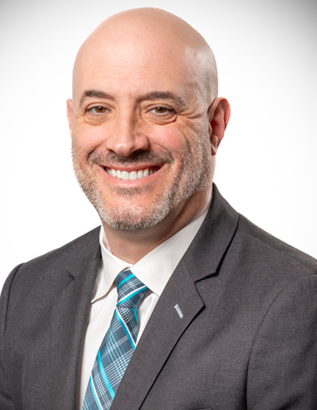
By: Matthew Tomao, Service Level Advisers
The electronic security industry has undergone seismic changes since the English inventor Tildesey attached chimes to his homes doors to warn him of intruders. A lot has changed since then, but one thing that has remained constant is the industry’s need to find new ways to convert equipment installations into recurring monthly revenue. In my experience this need is rarely fulfilled. In some cases, the integrators installation revenue in is in the tens of millions of dollars, but without a shred of recurring revenue coming in the door.
Hunting for new installation opportunities as the sole revenue source is a revolving door which requires repeat effort for each sale. An alternative example: the network video recorder that your technician just installed could be utilized as a vehicle to attach RMR in the form of a service agreement to the consumer. This isn’t just a concept that has proven results exclusive to our industry. T-Mobile has successfully implemented several innovative programs recently which revolve around offering frequent cell phone upgrades to retain customers.
This program was developed based on internal analysis which concluded that recurring monthly revenue was more valuable than the transactional revenue they lost due to frequent upgrades. This shift in philosophy has resulted in a current market cap at 215 billion dollars which their calculated risk paid off in spades.
The security industry is generally perceived to have healthy margins, but once margin erosion is taken into consideration, they are typically 50% of what was originally calculated. On the other hand, it’s not uncommon to see margins on a typical service agreement reach upwards of 80% or more. Additionally, revenue collected is mostly on services yet to be rendered, making RMR dollars more valuable than transactional installation dollars.
For companies who rely primarily on installation revenue, a shift in mindset is required to build a successful service agreement program. The integrator must come to the realization that they are not in the business of installing security equipment, but rather are service providers who need help monetizing undefined services which they have been almost certainly giving away for free.
With that in mind, it is imperative to develop these into a streamlined list of “value added services” such as priority service in time of urgency or emergency, unlimited phone support and enhanced training. The provision of this list clearly defines responsibilities and creates an equitable service relationship . A customers’ loyalty and satisfaction to their current provider will increase when they are covered under the warm blanket feeling a strong service agreement provides. It also affords the opportunity to continue building a strong relationship with the customer through taking care of them through service calls or inquiries, usually resulting in repeat business and referrals.
Establishing a strong service reputation goes hand-in-hand when it comes to building a healthy RMR base. It is also crucial in obtaining the qualified talent needed to support a “service agreement culture” and maintain steady RMR growth. What does this culture look like? In my experience transitioning clients from an installation business to a fully-fledged service provider starts by hiring the right people who are on the front lines when responding to a service ticket. Eventually, the head count of the service department exceeds the installation department, enabling adequate response and care to the growing customer base and their ever-expanding service needs.
Equally as important, the hiring or appointment of someone to oversee the entire operation while motivating the sales team by compensating them appropriately will ensure that the opportunities created by the service department are adequately leveraged into new revenue.
As Albert Einstein famously said, if you can’t explain it simply, you don’t understand it well enough. At Service Level Advisers, we’ve developed a simplified approach which enables integrators to build their SLA programs in weeks, not months by enduring the trial and error of building profitable service agreement programs from the ground up.
ABOUT THE AUTHOR:
Matthew Tomao is an Army Veteran, and the founder and CEO of Service Level Advisers, a consulting firm that specializes in helping integrators build or improve their service agreement program in weeks, not months.
Source: snnonline.com

